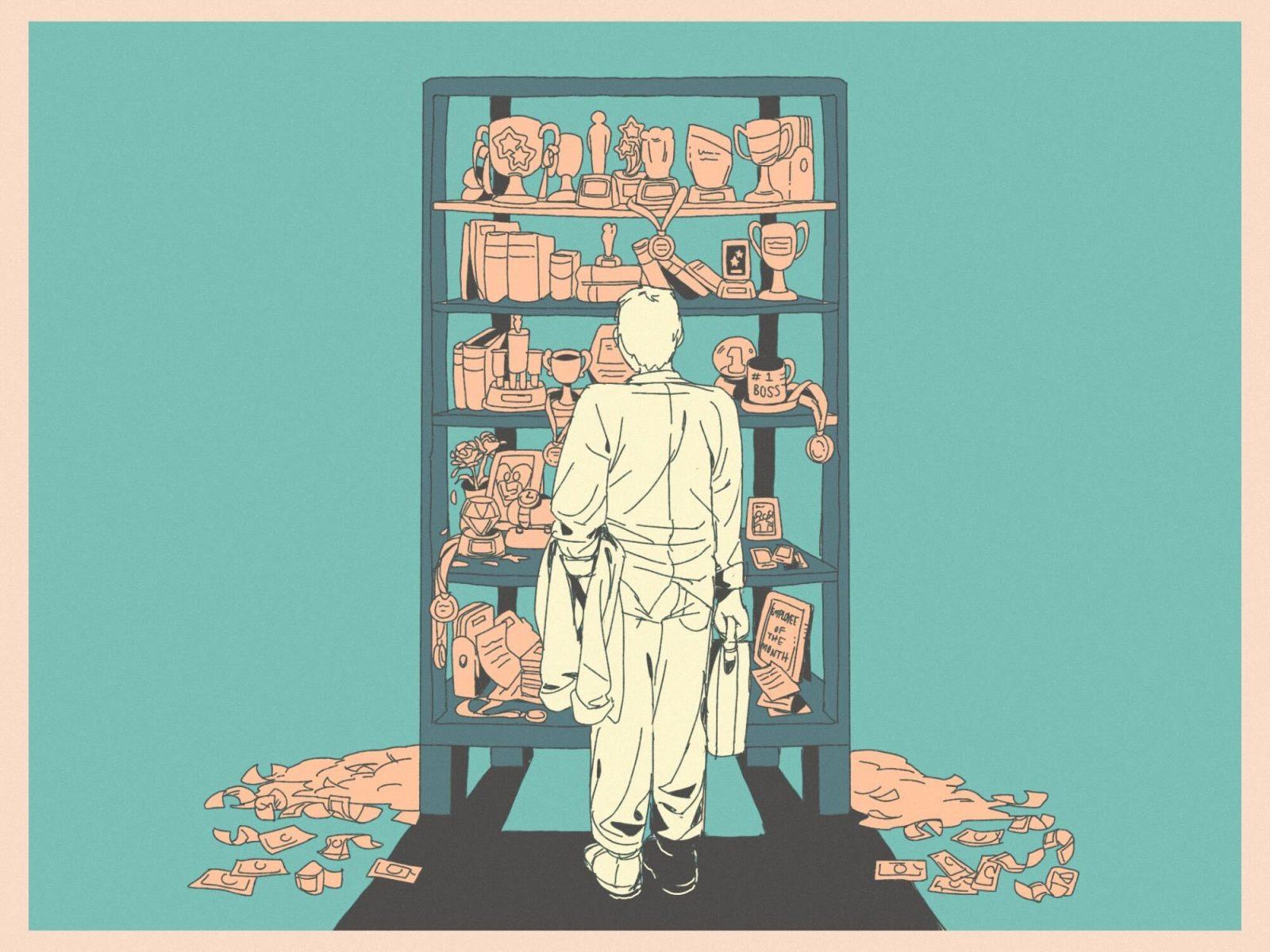If you have followed politics over the past two years, you have probably heard Republicans clamoring for one thing: the repeal of the Patient Protection and Affordable Care Act, better known as “Obamacare.”
Not only was the topic a theme in the general election of 2012, it even caused a government shutdown in the fall of 2013. And while Obamacare is a highly flawed law at best, it has been in place for a year now, and a full repeal of the law may not be plausible. There are still some Republicans calling for the law to be abolished, but now, there are also many Republicans taking the more pragmatic approach of looking at possible alternatives to the law. If Republicans take control of the Senate, which seems highly possible, this is one of the issues they may take up.
Two weeks ago, I had the pleasure of attending a leadership conference at the American Enterprise Institute. One of the speakers was Yuval Levin, a former George Bush staffer who is now a scholar with the AEI. Levin has been one of the leading champions of the “replace not repeal” strategy, and has offered a few policy alternatives.
The cornerstone of his proposal is a flat and universal tax benefit for purchasing coverage. He argues that benefits should be packaged as a refundable credit for those who purchase emergency coverage. This credit would encourage people who normally pass on insurance to at least be covered for emergency situations, and at a low price.
In addition, he believes the United States must cap the tax breaks for employer-provided health insurance. This creates a situation in which employees could focus more on cost, as they would not be getting a tax break. With consumers focused on cost, insurance providers would be forced to lower costs due to competition.
Finally, he advocates that consumers must be protected from price hikes and plan cancellations, which would provide a much stronger incentive for people to buy insurance.
While Mr. Levin’s plan has some valid points, he is only a scholar, and Democrats will argue that no conservative lawmakers are offering a plan of their own. But there are many Republican lawmakers who have offered alternatives. One of these lawmakers, Congressman Randy Hultgren of Illinois, presented a possible proposal on Fox News. His proposal has some similarities to Levin’s, but has unique aspects as well.
One of his suggestions is to allow Americans to purchase health insurance from states besides the one they live and work in. This would allow for an independent small business to work with another small business and bundle their buying power together. If small businesses can partner together, they could have the same purchasing power as large corporations, which would allow them to provide insurance at discounted rates.
Hultgren also advocates for allowing individuals to work together in order to obtain coverage through civic groups such as churches or trade associations. Individuals would no longer be cornered into buying from their employer, creating more competition and thus cheaper prices. He also recommended health savings accounts be expanded so that individuals can save money for health expenses without being taxed. Democrats are slightly too stubborn to consider changes to the law, especially since they control the Senate. But if Republicans take control of the Upper Chamber, these changes might seriously be deliberated.
Even though Obama’s signature law is unpopular, a full repeal may be difficult to accomplish. Republicans have the opportunity to score a major victory if they can push for meaningful changes to the law, changes that would repair our healthcare system. If Republicans take the Senate, they would have this opportunity and need to be very careful about a push for a full repeal without anything to replace it.
Even so, a Republican Congress and a Democratic President could actually engage in a serious debate over healthcare, a debate that was lacking when this law was originally passed. With a constructive debate, Republicans and Democrats may just be able to pass the reforms this law needs, instead of allowing it to continue with major flaws.






























































































































